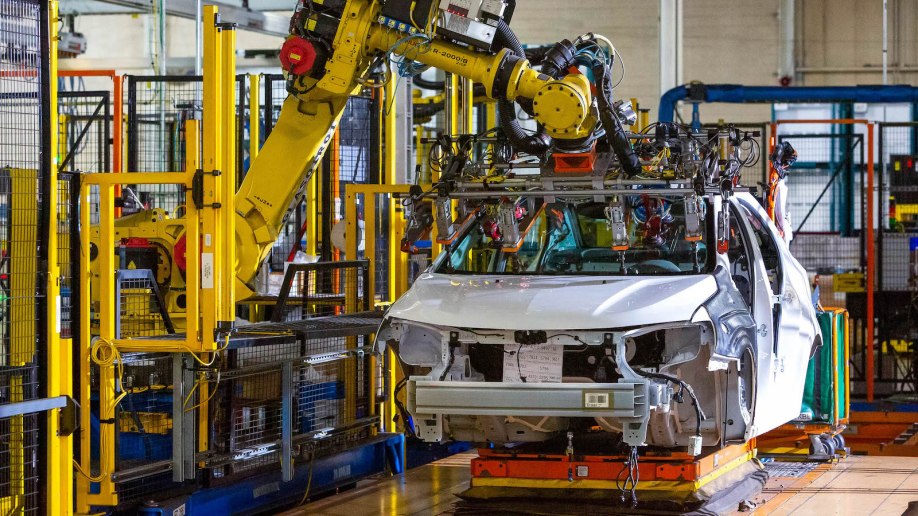A global shortage of microchips could see 1 million fewer vehicles roll off the assembly line in 2021. A pair of new market analyses say the shortage is far from being over. Meanwhile, automakers are announcing more production shutdowns. These cutbacks include, for the first time, some of the most popular models for sale today.
Industry analysis firm IHS Markit, in a new report, predicts that 672,000 fewer light vehicles could be produced worldwide in the first quarter of this year. Because each new car design uses more processors even as the global supply of processors shrinks, the company says, it may take up to a year for the auto industry to recover. This will happen even as chipmakers are already ramping up production.
Data firm AutoForecast Solutions, meanwhile, predicts that the production of 964,000 vehicles may see the effects of this growing problem
The shortage was triggered by a coronavirus one-two punch. Chip makers closed their own production lines early in the COVID-19 pandemic, as their workforces struggled with illness and risk. Then, consumers worldwide went on an electronics buying spree, upgrading computers to facilitate working and studying from home. This uses up the available supply of the silicon chips. Automakers now find themselves unable to obtain the chips they need.
The average car built today contains 50 to 150 processors. These chips control everything from timing shifts to displaying album artwork on infotainment screens.
More Models Limited
Automakers have announced new rounds of plant closures this week, some of which are ominous. General Motors will shutter four plants for at least a week beginning Monday – a move that will limit production of the Chevy Equinox, Malibu, and Trax, the Cadillac XT4, and the GMC Terrain. Nissan has announced several days of shutdowns at the Canton, Mississippi plant that produces its Frontier and Titan pickups.
And, perhaps most surprisingly, Ford has cut shifts at two plants that manufacture its popular F-150 pickup – most years, the best-selling vehicle in America.
The growing problem is now attracting government interest. A group of 15 senators, including Senate Majority Leader Chuck Schumer, wrote to the White House Tuesday asking the new administration “to support efforts to secure the necessary funding to swiftly implement the semiconductor-related provisions in the most recent National Defense Authorization Act, which would boost the production of semiconductor manufacturing and incent the domestic production of semiconductors in the future.”








